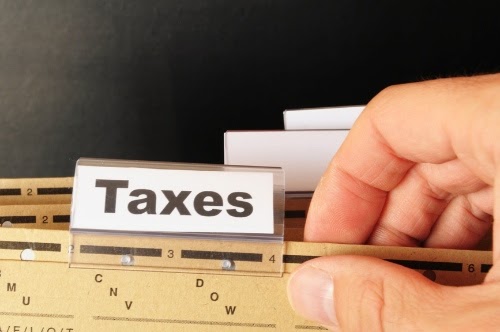
Leaving the UK to become an expat is easy – just jump on a boat, plane or train, but cutting tax ties is much harder.
While thousands of expats will be sitting down putting the finishing touches to their tax returns due for filing on January 31, many more will believe they are expats and do not owe the long arm of HM Revenue & Customs (HMRC) any money.
The problem is the term ’expat’ is a dictionary term for someone living in a country other than the one where they were born.
Under tax rules, the term means nothing but residence status means everything.
The conundrum is that it’s possible to live overseas for many years as an expat, but still remain tax resident in the UK.
Working out tax status
Working out tax residence status involves cutting all ties with Britain and passing the statutory residence test.
The rules are complicated and cover factors such as family ties, accommodation, work and time spent in the UK.
- Family ties – If an expat has a spouse, civil partner, lives with a partner or has child under 18 years old living in the UK, then the expat is considered resident as well
- Accommodation ties – If an expat has a home available in the UK, including a buy to let or former home rented to a tenant, and the property is available for more than 91 days, the expat spends more than one night there or more than 16 nights staying with a close relative, they may be UK tax resident.
A close relative is a parent, grandparent, child, grandchild, brother or sister.
- Work ties – Working more than three hours a day for 40 days in a tax year can make an expat tax resident
- Timing stays – Spending more than 90 days in the UK in either or both of the previous two tax years is a residence indicator
Expat tax benefits
Every expat should review their tax residence status every year as case law and legislation can change the rules.
Proving tax residence is not only important for deciding where an expat pays income tax, but also for determining if they can claim tax relief on savings such as pension and ISA contributions.
Expats who are UK tax resident can claim pension contribution relief and hold savings in a tax-free ISA, but non-residents lose these benefits.
Non-residents can also hold tax effective Qualifying Recognised Overseas Pension Scheme (QROPS) pensions.
